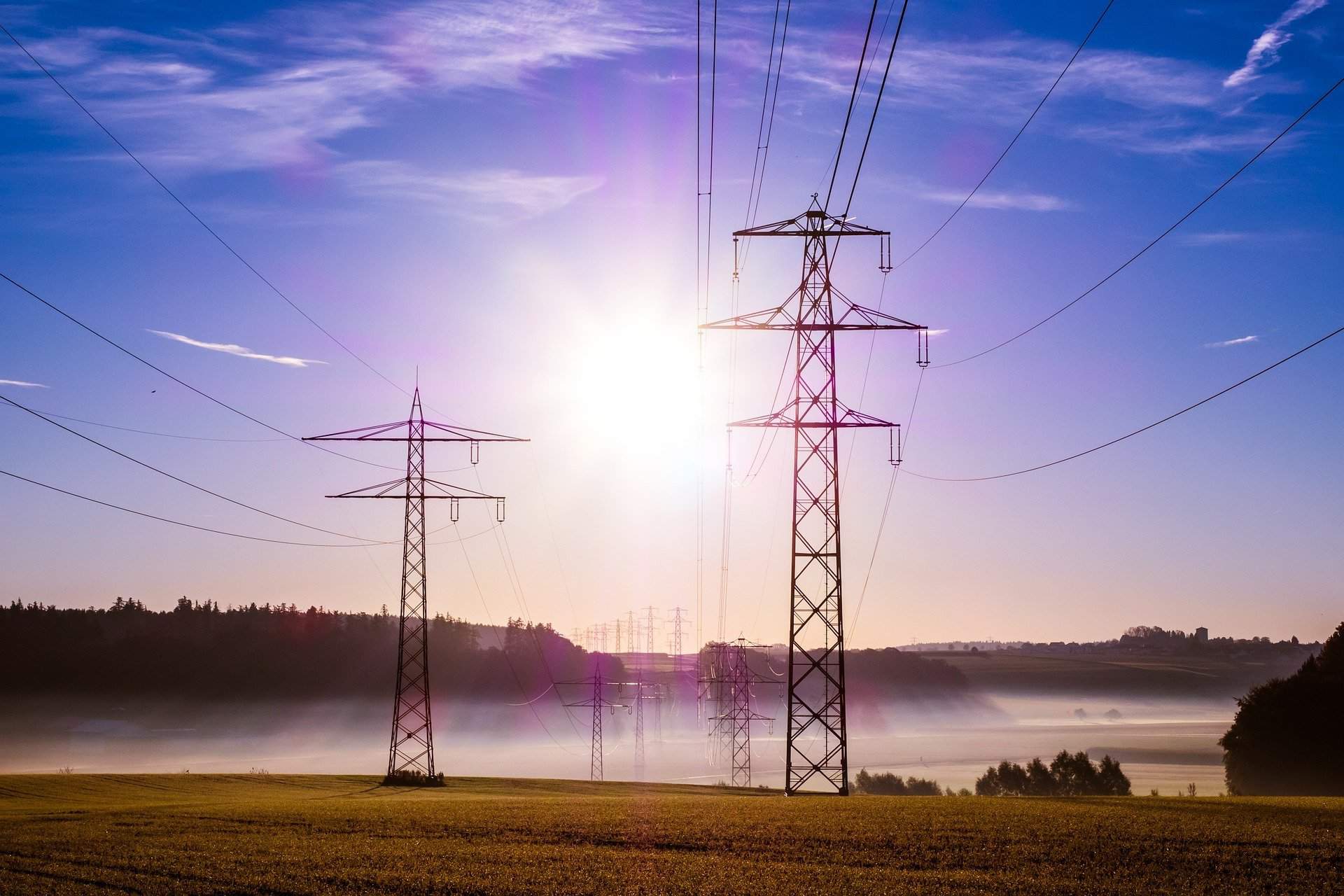Hungarian energy market in critical situation

The prices on the energy market have never been so high in Hungary than on 11 January this year. Prices climbed up to €150/MWh, or even up to €300 on the Hungarian energy stock exchange (HUPX), as opposed to the average price of €50 last year, Napi.hu reports.
Prices were high only during the last two weeks of January, and not so high in the last two years. Before, high prices have not caused any problems in the energy system, researcher of Regional Centre for Energy Policy Research told Napi.hu.
The permanent cold weather in January influenced the whole European energy market. For example, in Germany, market prices drastically went up mainly because wind powers could produce less energy.
A record was set up in energy consumption in Hungary on 11 January 2017. 17,000 MW energy was consumed one day; this is 6.5% higher than the usual amount. Less energy was imported into the region as usual, while the cross-border capacities were fully used. Therefore, energy demand could be satisfied only by activating the spare power plants.
Hungary receives low priced electricity from three countries: from Austria, Slovakia and Ukraine. Capacities were fully used in the cold days, moreover, the amount of the daily import reduced with 200 MW from the direction of Austria. This was not considered an extreme decline, there have been several similar occasions before, the researcher told Napi.hu.
Some of the Hungarian power plants also fell out of energy production. The Mátra Power Plant immediately broke down because coal froze in the storage tanks. At the same time, the gas bloc of another power plant stopped operation, too, due to technical reasons.
The brake-down of the two power plants meant an energy loss of 1000 MW, while 5-6000 MW energy was consumed one day, that is, one-fifth of the energy consumed had to be refilled from other resources. Spare energy was provided by gas-engined power plants, but they could run only on a 67.8% efficiency. The icing on the cake was when one of the blocs of the Paks Power Plant broke down for two days, too, on 18. January.
Due to the break-downs and to the rising demand, the price of one MWh had climbed up to €250 on HUPX in the morning of 11. January, while in Austria, one MWh was €34. The capacity of the pipes stretching beyond the Hungarian borders were fully used, too, so traders could not benefit from the differences in prices.
Similar situation may occur on the Hungarian markets next winter, Napi.hu informs, but fortunately, there was spare energy left to use last January, so power-supply was not in danger. The peaks of daily energy consumption shifted to summer days due to hot weather, when air conditioners are used a lot. But in summer, demand can be satisfied more easily by solar power-plants.
The construction of the cross-border pipes at the Hungarian-Slovakian border would be a solution to the problem that occurred last January.
Ce: bm
Source: Napi.hu

